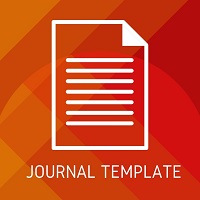Discretionary Authority of Government Officials: Between Administrative Efficiency and Potential Abuse of Authority
DOI:
https://doi.org/10.37253/jlpt.v10i1.10451Abstract
Discretion is the authority held by government officials to make decisions in situations that are not expressly regulated by laws and regulations. This authority is important in supporting the efficiency of government administration, especially in dealing with urgent or unexpected conditions. However, on the other hand, discretion also opens up opportunities for abuse of authority if it is not accompanied by the principles of prudence, accountability, and adequate supervision. This study aims to analyze the duality of the role of discretion in government practice, by highlighting its benefits in increasing bureaucratic agility and the potential risks that can harm the principles of good governance. The method used is a normative study with an approach to laws and regulations, legal doctrine, and case studies. The results of the study indicate that strengthening internal and external oversight mechanisms, as well as fostering public administration ethics, are strategic steps to maintain balanceDownloads
Download data is not yet available.
Downloads
Published
2025-08-10
Issue
Section
Articles
License
Copyright (c) 2025 Journal of Law and Policy Transformation

This work is licensed under a Creative Commons Attribution-NonCommercial-ShareAlike 4.0 International License.
Program Magister Hukum Universitas Internasional Batam








1.jpg)

1.png)




1.png)
2.png)
.png)
2.jpg)


